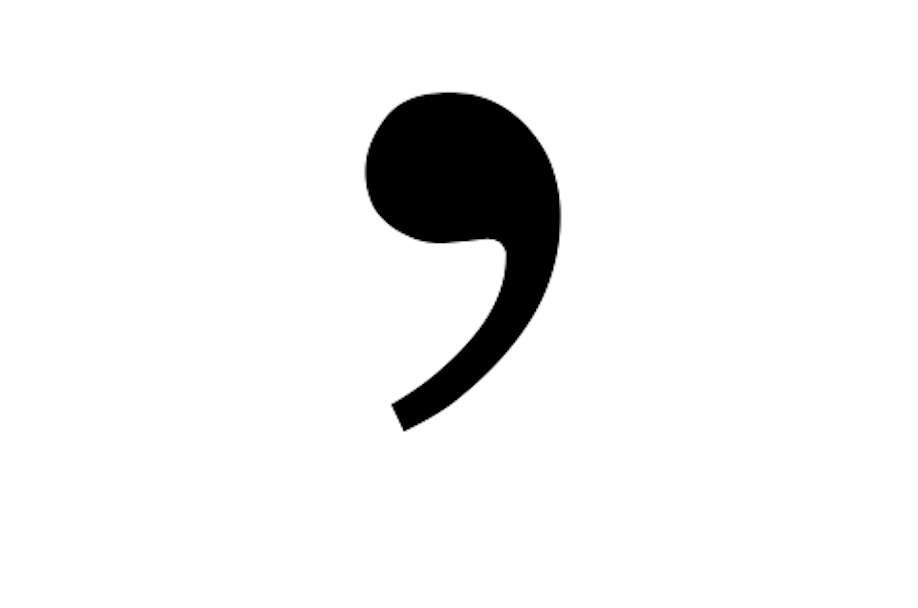
Apostrophes… something belongs or something is gone
One of the most confusing punctuation marks is the apostrophe. While it is often misused in plural words or abbreviations (like CDs, 1950s, etc.), there are really only two instances when apostrophes are apropos…
Before you use an apostrophe, ask yourself:
- Does it belong to someone? (something belongs) e.g. Peter’s haircut (the haircut belongs to Peter)
- Has it been abbreviated? (something is gone) e.g. do not = don’t (the o is gone)
Something belongs (officially called possession)
- The hairstyle belongs to Peter. It is Peter’s hairstyle.
If there are many owners, the apostrophe comes afterwards:
- There is one girl who owns a car … The girl’s car
- There are many girls who own cars … The girls’ cars
No apostrophes in pronouns:
- He has changed his hairstyle. (Peter’s hairstyle)
- She bought her car yesterday. (The girl’s car)
- They bought their cars yesterday. (The girls’ cars)
- The company announced its results. (The company’s results)
- The companies announced their results. (The companies’ results)
Something is gone (officially called contraction)
- Do not becomes don’t (the o is gone)
- Is not becomes isn’t (the o is gone)
- It is becomes it’s (the i is gone)
- Something is gone becomes something’s gone (the i is gone)
- You are becomes you’re (the a is gone)
- We are becomes we’re (the a is gone)
And that’s all. Quite simple, isn’t it?
Remember, only use an apostrophe if something BELONGS or if something is GONE – possession or contraction



